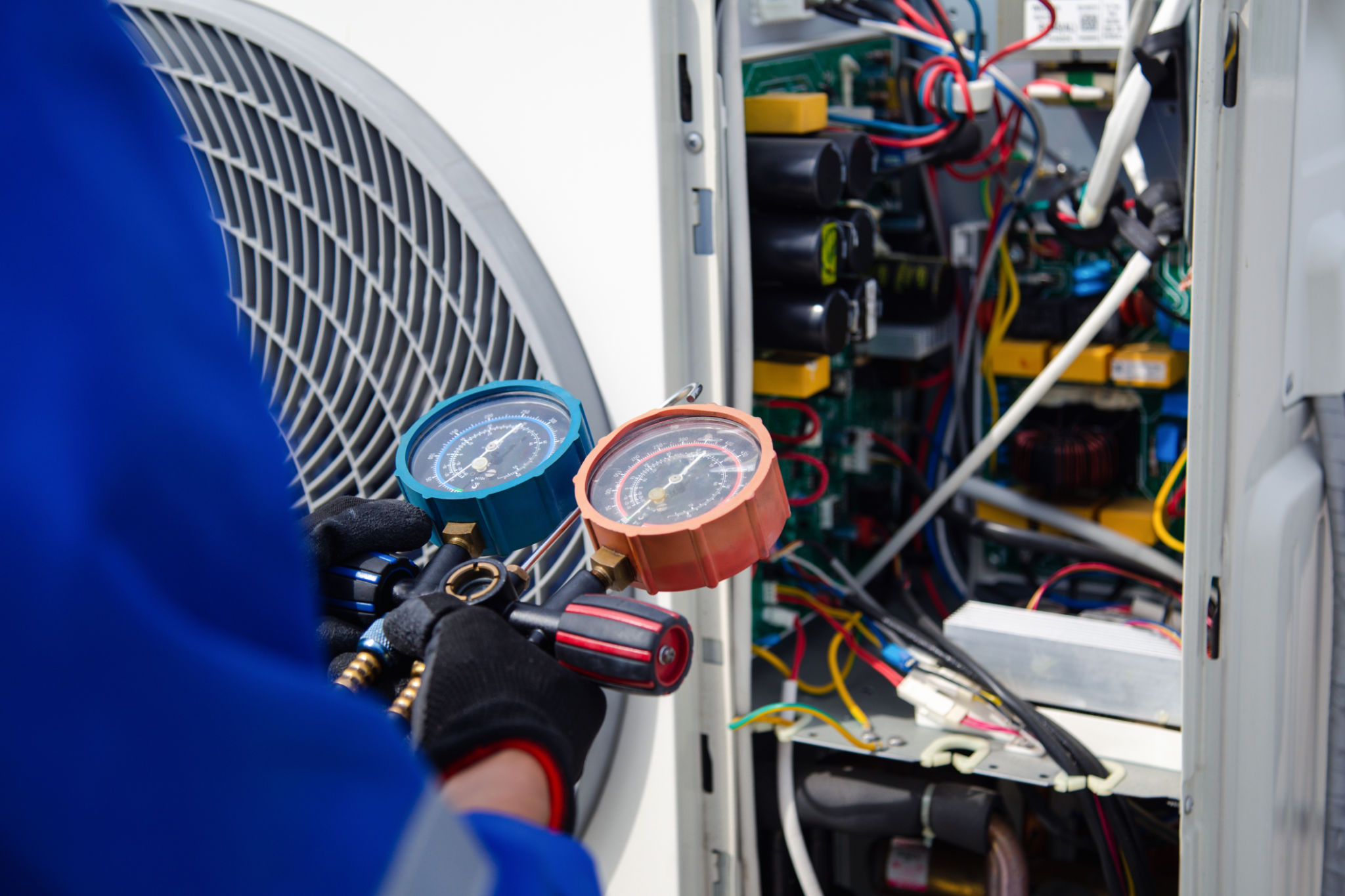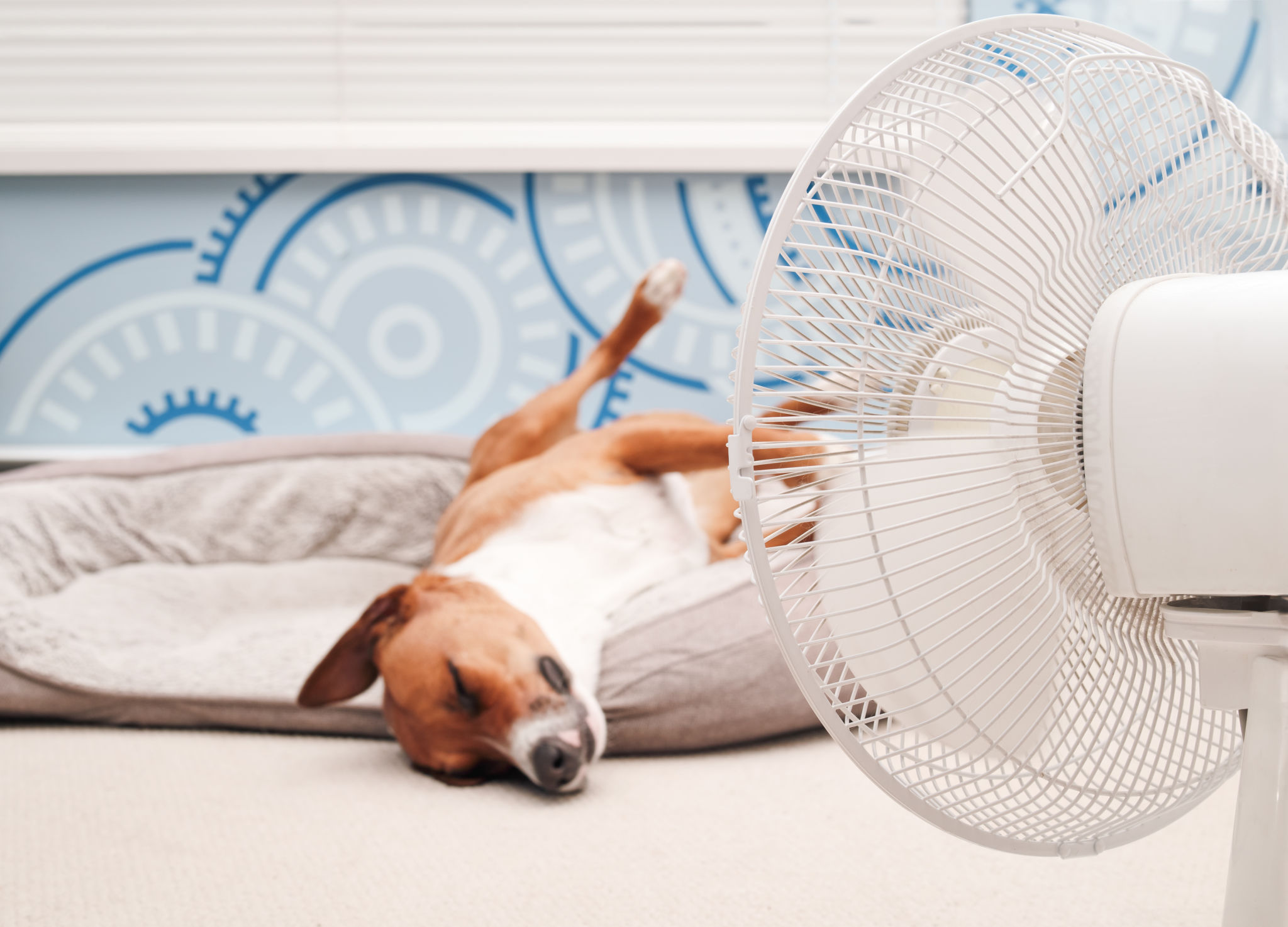Preparing Your HVAC System for Denver's Seasonal Changes: Essential Tips and Tricks
Understanding Denver's Climate and Its Impact on HVAC Systems
Denver is known for its unique climate, characterized by hot summers and cold, snowy winters. This variability means that your HVAC system needs to be versatile and reliable throughout the year. It’s essential to prepare your HVAC system for these seasonal changes to ensure comfort and efficiency in your home.
A well-maintained HVAC system not only provides optimal performance but also extends the lifespan of the equipment. Preparing your system for seasonal changes can help prevent unexpected breakdowns during extreme weather conditions.

Spring and Fall: The Perfect Time for Maintenance
Spring and fall are ideal times to perform routine maintenance on your HVAC system. These transitional seasons typically have milder weather, making it easier to schedule professional inspections and tune-ups without the urgency of immediate heating or cooling needs.
During these maintenance visits, an HVAC technician will inspect your system for wear and tear, clean components, and make necessary adjustments to ensure everything is in optimal working condition. Regular maintenance helps to identify potential issues before they become major problems.
Essential Maintenance Tasks
There are several key tasks that should be performed during these seasonal maintenance checks:
- Filter Replacement: Replacing dirty or clogged filters ensures your system runs efficiently and maintains good air quality.
- System Cleaning: Dust and debris can accumulate within the system, affecting performance. Cleaning these components is crucial.
- Thermostat Calibration: Ensuring your thermostat is accurate helps maintain the desired temperature efficiently.

Winter Preparation: Keeping Your Home Warm
As winter approaches, it’s important to focus on your heating system to ensure it can handle the cold months ahead. Denver winters can be harsh, and a reliable heating system is crucial for comfort and safety.
Start by checking the performance of your furnace or heat pump. If it's been a while since the last inspection, consider scheduling a professional service to check for issues such as faulty ignitions or malfunctioning thermostats.
Insulation and Sealing
Proper insulation and sealing can significantly impact your heating efficiency. Inspect windows, doors, and ductwork for leaks or drafts. Sealing gaps and adding insulation where needed can help retain heat within your home, reducing the load on your HVAC system.

Summer Preparation: Staying Cool Under the Sun
When summer arrives, the focus shifts to cooling. To prepare your HVAC system for high temperatures, ensure that your air conditioning unit is functioning efficiently. This includes checking refrigerant levels and cleaning condenser coils to maximize cooling performance.
Additionally, consider investing in a programmable thermostat. This device allows you to set temperature schedules, reducing energy consumption when you’re not at home.
Outdoor Unit Care
Your outdoor AC unit is exposed to the elements year-round. Regularly clearing debris and ensuring proper airflow around the unit can prevent overheating and extend its lifespan. Trim any overgrown vegetation and remove leaves or dirt from the area.

